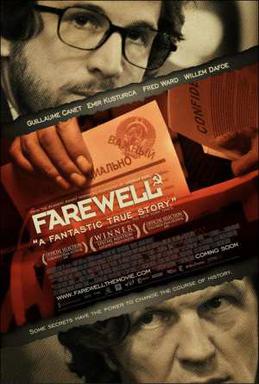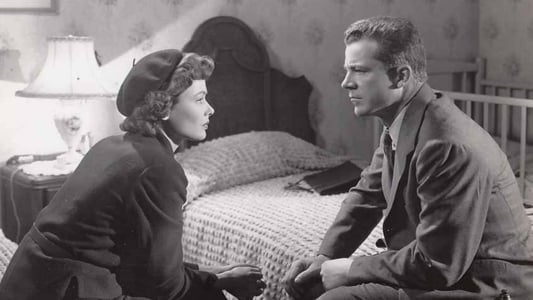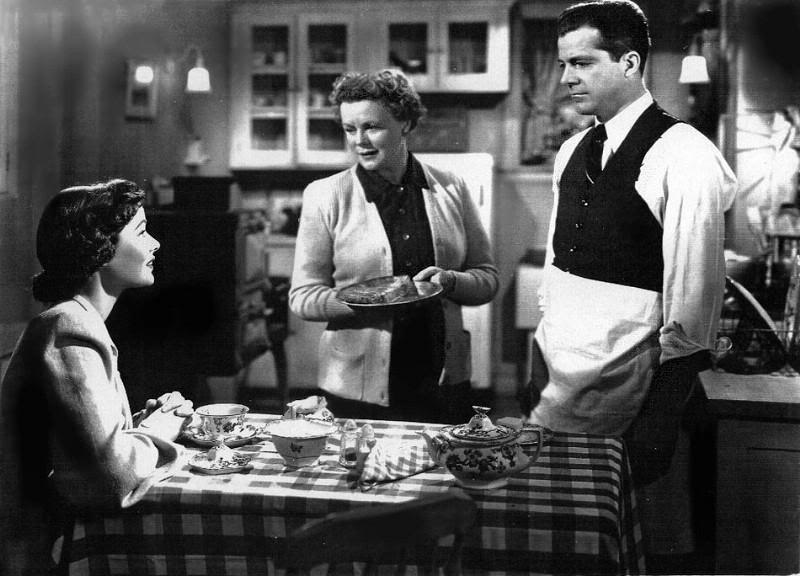- :
- Unknown
- :

- needed to precede following dl
- Review Format:
- Digital: DVD
- :

- Predominant Genre:
- Non‑Fiction
- Director:
Director 
- :
- None.
- Premiss:
- Soviet cipher‑clerk Igor Gouzenko was posted to the Soviet Embassy in Ottawa in 1943 and defected to reveal the extent of Soviet espionage activities directed against Canada.
- Themes:
- Aggression | Alienation | Atheism | Capitalism | Character | Communism | Courage | Cowardice | Destiny | Emotional repression | Empathy | Family | Fortitude | Free Speech | Freedom | Guilt | Honesty | Human nature | Humanity | Identity | Ideology | Love | Loyalty | Materialism | Paranoia | Personal | Personal change | Political | Political Correctness | Propaganda | Self‑Esteem | Self‑Expression | Society | The State | Stereotyping | Totalitarianism | Virtue | The West | Western culture | White culture | White people
- :
Fiction:
UnknownNon‑Fiction:

- :
- None.
- Awards:
- None.
Summary: Caucasian propaganda disguised as entertainment.
Propagandist view of history which pretends to realistically‑present the clash of civilisations represented by the ongoing Cold War between Communism and Democracy.
All it really succeeds in doing is to pretend that inside every Communist is a Democrat desperate to escape, with no attempt made to explain why any sensible person would believe in the merits of Communism, in the first place - as if Communism were somehow a self‑evidently insane proposition.
Like the movie’s black & white photography, the political issues are presented in the most simplistic black & white terms. Communists are presented as two‑dimensional cartoon villains and obviously‑soulless robots, who could not possibly hide‑in‑plain‑sight as real spies must in order to be effective. This, in the desperate hope that the audience do not get to like them; as hypocritically and in exactly the same manner in which the Communists are shown warning all of their number not to empathize nor to fraternize with the allegedly free‑born White Westerners.
As drama, this movie fails because the characters of both sides of the political divide are so unconvincing and because they are really political mirror‑images of one another - that there is no inherent conflict here is a fact which the film is politically and dramatically unwilling to be honest about. After all, Russians who commit treason are labelled “Defectors”; while Americans who betray their country are called “Traitors”, yet there is no real moral difference between one form of treason and another.
If it were not for the presence of good and likable actors doing their best with political speeches disguised as dialogue, this would be quite unbearable. L'Affaire Farewell was far superior to this propaganda nonsense.







No comments:
Post a Comment